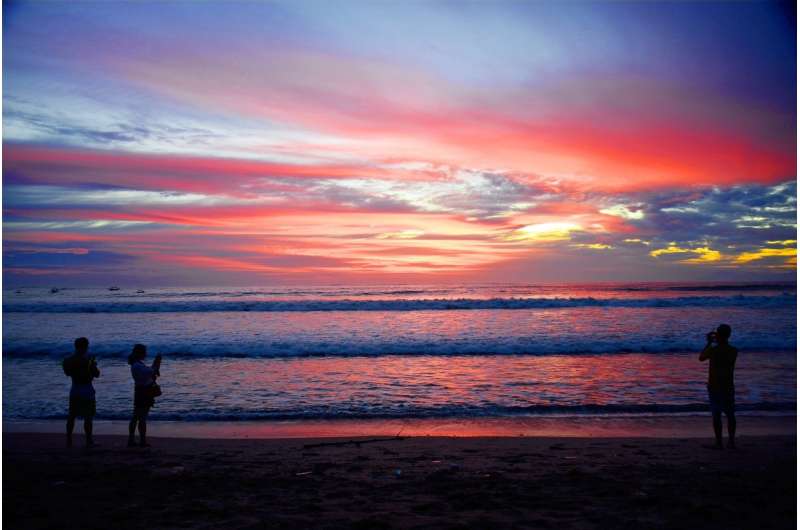Improvements in offshore wind turbine support structures to help tackle climate change impact

Scientists are conducting large-scale hydraulic experiments to better adapt to consequences of global warming.
Melting ice, rising sea levels, floods, droughts and weather extremes are some of the outcomes of global warming affecting rivers, estuaries and coasts. Although renewable energy sources like wind power are increasingly used in the fight against climate change, the generation capacity, availability and intermittency of such alternative technologies are also impacted by climate change. That's why in addition to mitigation, adaptation efforts have also gained momentum in recent years.
The EU-funded HYDRALAB-PLUS project has been just doing that, focusing on experimental hydraulic research to better address climate change adaptation issues. As part of this project, a team of researchers has recently launched a new study called PRotection of Offshore wind Turbine monopilEs against Scouring (PROTEUS). The team will run large-scale experiments aimed at improving the design of scour protection around offshore wind turbine monopiles.
Scour involves the movement of sediment that can erode the seabed around a fixed structure. It's a major concern when designing offshore wind turbine foundations, including monopiles. The monopile effectively extends the offshore wind turbine tower under water and into the seabed. With increasingly hostile and sometimes unpredictable hydrodynamic environments, these offshore wind turbine foundations need to be optimised as they are affected by waves and tidal or other currents.
PROTEUS will be conducted in the United Kingdom at a marine test facility. As explained in an article in World Energy News, foundation costs represent about 20 % of the total costs in the case of a monopile. A significant proportion of this is related to scour protection. Therefore, it's crucial to improve and reduce the cost of monopile scour protection design.
Further experiments and joint research
The HYDRALAB-PLUS (HYDRALAB+ Adapting to climate change) project brings together facilities and researchers in experimental hydraulics and hydrodynamics. In addition to PROTEUS, several other experiments are conducted under HYDRALAB-PLUS. These are designed for flow, wave and ice research. They deal with the interaction of vegetation and sediment transport/erosion, and the increasing wave overtopping of coastal structures. The experiments also take into account new threats like tsunami effects due to falling ice walls, as explained on the project website.
HYDRALAB-PLUS has three parallel research programmes to improve physical modelling and more effectively address problems associated with climate change adaptation. One of these three research activities, RECIPE, involves representing climate change in physical experiments. Physical modelling provides an innovative approach to help understand the impacts of climate change on coastal, estuarine and fluvial systems, and to test the effectiveness of potential adaptation strategies. These are all crucial for the improvement of environmental management over long timescales. Another programme, COMPLEX, is about cross-disciplinary observations of morphodynamics and protective structures linked to ecology and extreme events. The third programme under HYDRALAB-PLUS, FREE Data, facilitates the reuse and exchange of experimental data.
More information: HYDRALAB-PLUS project website: hydralab.eu/
Provided by CORDIS




















